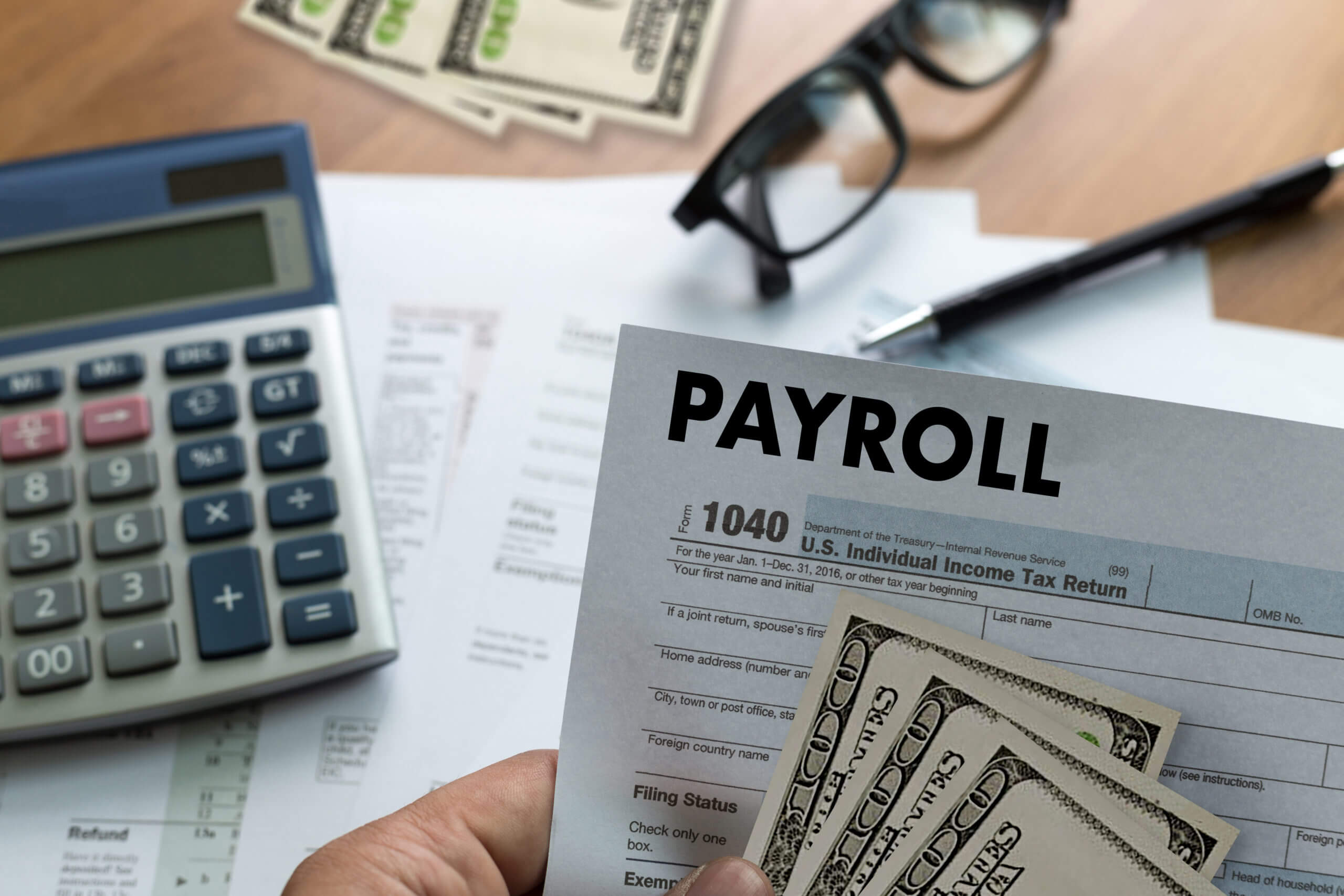Today, the IRS released Frequently Asked Questions (FAQs) on a provision of the Coronavirus Aid, Relief, and Economic Security (CARES) Act allowing employers to defer a portion of employer payroll taxes payable for all reporting periods through the end of 2020. As outlined in our previous article, the CARES Act permits employers and self-employed individuals to defer payment of the employer share of Social Security taxes. The deferred tax liability is due in two installments:
(1) 50% of the deferred liability is due December 31, 2021; and
(2) 50% of the deferred liability is due December 31, 2022 (the “applicable dates”).
Highlights from the FAQs include:
- The deferral applies to deposits and payments of the employer share of Social Security tax that would otherwise be required to be made during the period beginning March 27, 2020, and ending December 31, 2020 (the “payroll tax deferral period”).
- Form 941, Employer’s Quarterly Federal Tax Return, will be revised for the second quarter of 2020. The IRS intends to provide information instructing employers on how to reflect the deferred deposits and payments otherwise due on or after March 27 for the first quarter of 2020.
- As you may recall, the CARES Act provides that the deferral of employer payroll taxes does not apply to taxpayers who have had debt forgiven with respect to a Paycheck Protection Program (PPP) loan. The FAQs state that employers who have received a PPP loan, but whose loan has not yet been forgiven, may take advantage of the deferral through the date the lender issues a decision to forgive the loan. Once an employer receives a decision from its lender that its PPP loan is forgiven, the employer is no longer eligible for the payroll tax deferral. However, the amount of the deposit and payment of the employer’s share of Social Security tax that was deferred through the date the PPP loan is forgiven continues to be deferred and will be due on the applicable dates. This is good news as it provides a mechanism for businesses who have applied for PPP loans to free up current cash flow until the loan is forgiven.
- Employers are permitted to defer deposit and payment of the employer share of Social Security tax prior to determining whether they are entitled to payroll tax credits for paid sick and family leave under the Families First Coronavirus Response Act or the employee retention tax credit under the CARES Act.
- Self-employed individuals may defer payment of 50% of the Social Security tax on net earnings from self-employment income. There is no penalty for failure to make estimated tax payments for this amount during the payroll tax deferral period.
You can view the FAQs at the link below. The IRS intends to update its FAQs to address additional questions as they arise.
